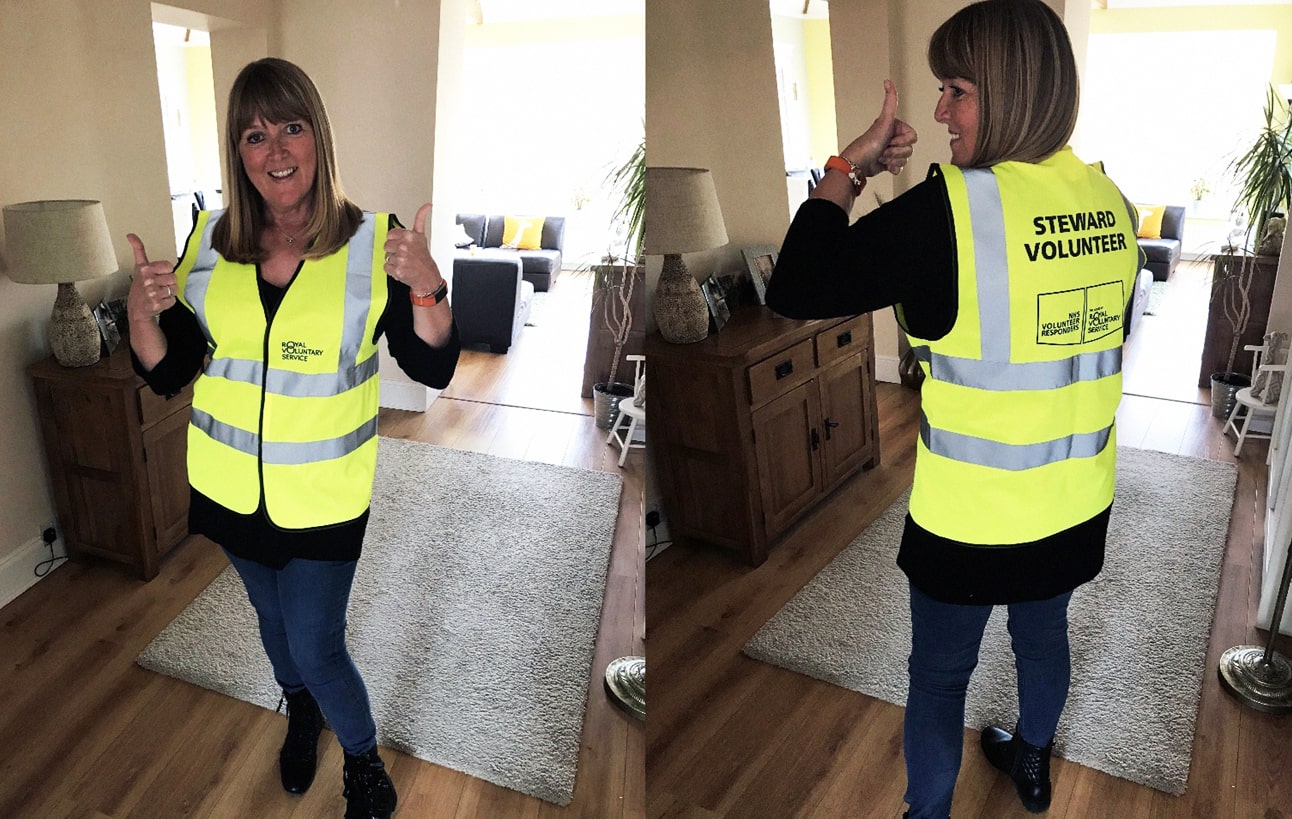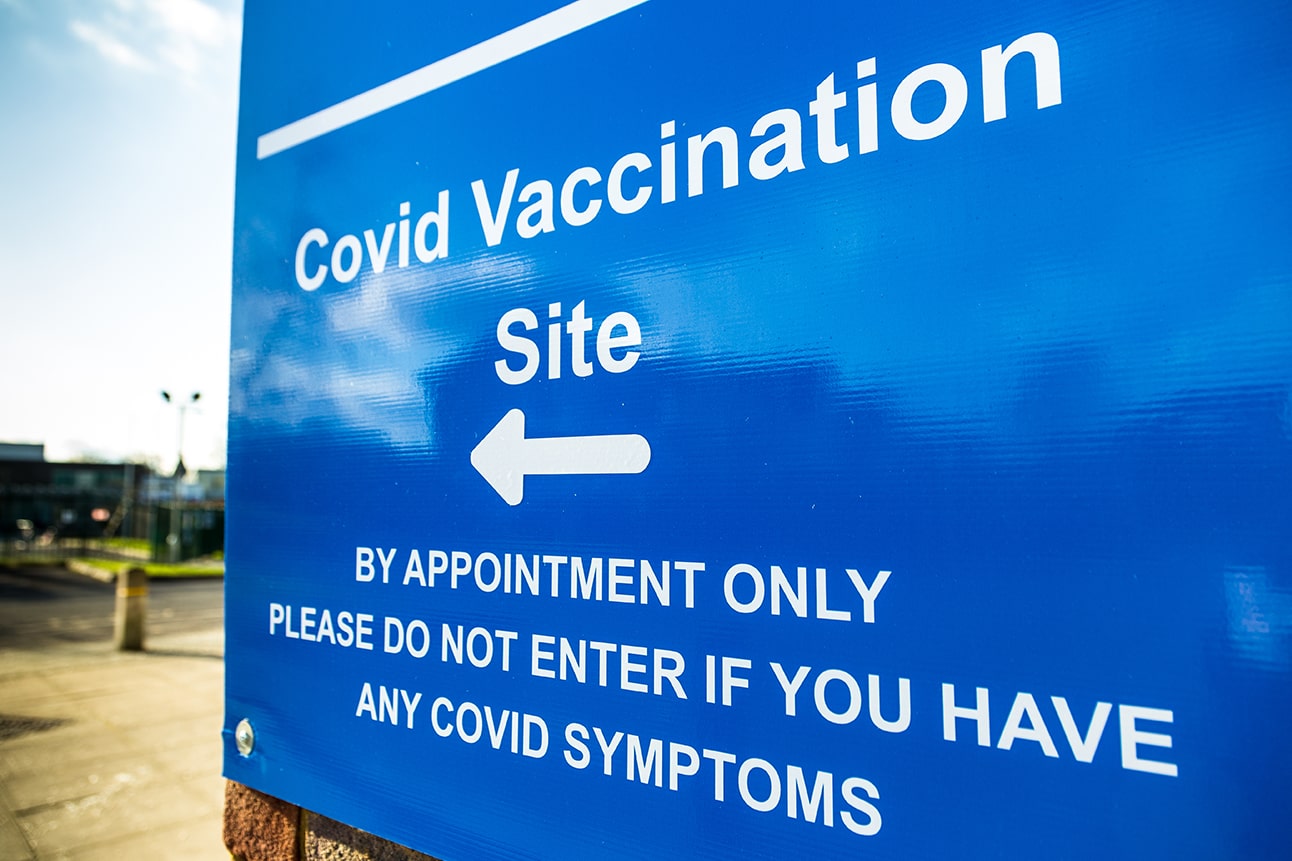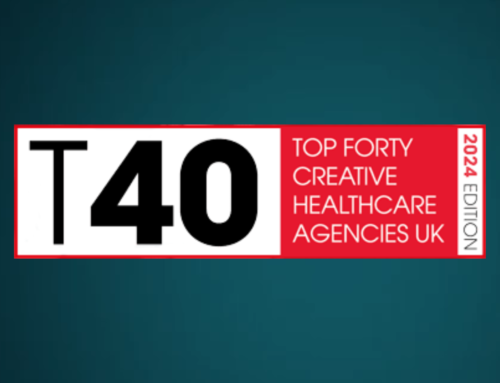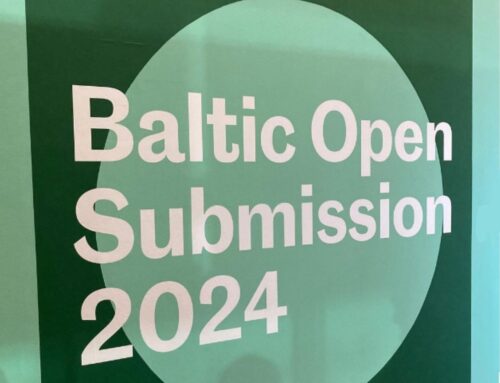
Our HR Manager Andrea Lyall is also an NHS Volunteer Responder. This is a volunteering programme set up by NHS England and NHS Improvement to help people in England stay safe during the COVID-19 pandemic. Volunteer responders help with the rollout of the UK’s vaccination programme and to support those who have to self-isolate. In this blog we find out what the experience has been like so far.
What does your volunteering involve?
Working as an NHS community responder volunteer, I use the GoodSAM app to identify the tasks that people need my support with. This part of the role involves picking up prescriptions, shopping or other essentials for local vulnerable people who aren’t able to do so themselves due to isolating. Using the app makes volunteering really flexible as I can set a radius that I am able to travel to and I can go on duty whenever I am free. This then shows me the other volunteers in the area and the jobs that are available to me at the time.
I also work in a stewarding role at two of our local vaccination centres, the new NHS Nightingale Hospital in Sunderland and a smaller medical centre in Birtley. In this role I help with non-clinical support such as check ins, car park flow and directing people to where they need to be when they come for their vaccine.
One of my main responsibilities as a vaccine steward is looking out for the welfare of those waiting for a vaccine. This involves practical things like making sure people are social distancing and that older people aren’t standing up for longer than necessary, but also making sure people feel comfortable while waiting for their vaccine. A lot of people are nervous about the COVID-19 jab or with injections in general – you can usually tell this by the body language.
This seems to be more the case in the Nightingale hospital. Although it hasn’t been used to treat an overflow of COVID-19 patients as it was initially designed, the large warehouse is divided into separate wards and still contains around 420 beds and the medical equipment that was set up in preparation in case it needed to be brought into operation. So, it has that hospital feel that can make people uncomfortable, more so than when visiting a local medical practice.
As part of my role I try and reassure people as best I can, making them feel comfortable with the situation while they wait for their injection.
What made you want to sign up as a volunteer?
My role at IGNIFI is a very office-based job and centred around people. When we first moved to remote working in March 2020, my responsibilities reduced, so for a time last year I was furloughed. I found it really hard not being in the office around other people so decided to look for volunteering opportunities. I chose to work with the NHS as I really wanted to feel like I was playing a part in making this situation better for people.
I’m a very social person which is essential for my job at IGNIFI but is also useful in my volunteering. When acting as a community responder, you can see how important that social connection is for people who aren’t able to socialise in their daily life. From my perspective, working as a volunteer in a hands-on role has helped me to feel a sense of normality again.
I am no longer on furlough and I work for IGNIFI on a morning. Luckily, the volunteering scheme is so flexible that I am able to continue alongside my work. With the NHS responder app I can volunteer and take on tasks whenever I am free, whereas with the vaccine stewarding I can choose to specifically sign up for afternoon or evening shifts.

What are your thoughts on the volunteering programme and how it is run?
Overall, I have been really impressed. Every step in the process is very efficient, with stewards directing patients at every turn. Providing it is not too busy, even at the larger Nightingale hospital site you could have checked in, had your vaccine, waited the necessary time for side-effects and still be out of the door within 25 minutes.
It’s also really motivating to see how successful the vaccine programme has been. Nurses are working 12-hour shifts and even the army has given support at times to help vaccinate as many people as possible. Last week (17th–23rd May) just short of 10,000 vaccines were given out!
What would you say were the best and most challenging parts of your role?
The best part is easily all the people I get to meet. The vast majority of people are so polite, I have never been thanked so much in my life! You can tell that people are genuinely excited to get their vaccine and it feels great to be a part of that.
Because volunteers and visitors coming into the vaccination centres have to wear masks, it makes it much harder to communicate with people – especially strangers. You have to rely on body language a lot more to judge how people are feeling and to make them feel reassured.
After your COVID-19 related roles are finished, are you considering any other volunteering opportunities?
I have actually already started looking. Before the pandemic I was considering helping out in care or respite homes, but those opportunities disappeared after the first lockdown. Now things are opening up again, I have found a volunteering opportunity with a local respite centre which I hope to be able to get involved with.
I used to volunteer when I was younger, but as my son got older, I found I didn’t have the free time to do so. Now that he has grown up it is much easier and the volunteering opportunities that I have found in the last year have all been very flexible and easy to fit around my schedule. I find the experience of helping people in this way really motivating, so this is definitely something I want to continue. It is also something that I would strongly encourage other members of the IGNIFI team to do, providing they have free time to do so.
To keep up to date with all things IGNIFI and what our team are getting up to, along with marketing and healthcare insights from the worlds we know best, keep an eye on our blog.
If you are interested in a role volunteering with the NHS, visit their website to find our more.








